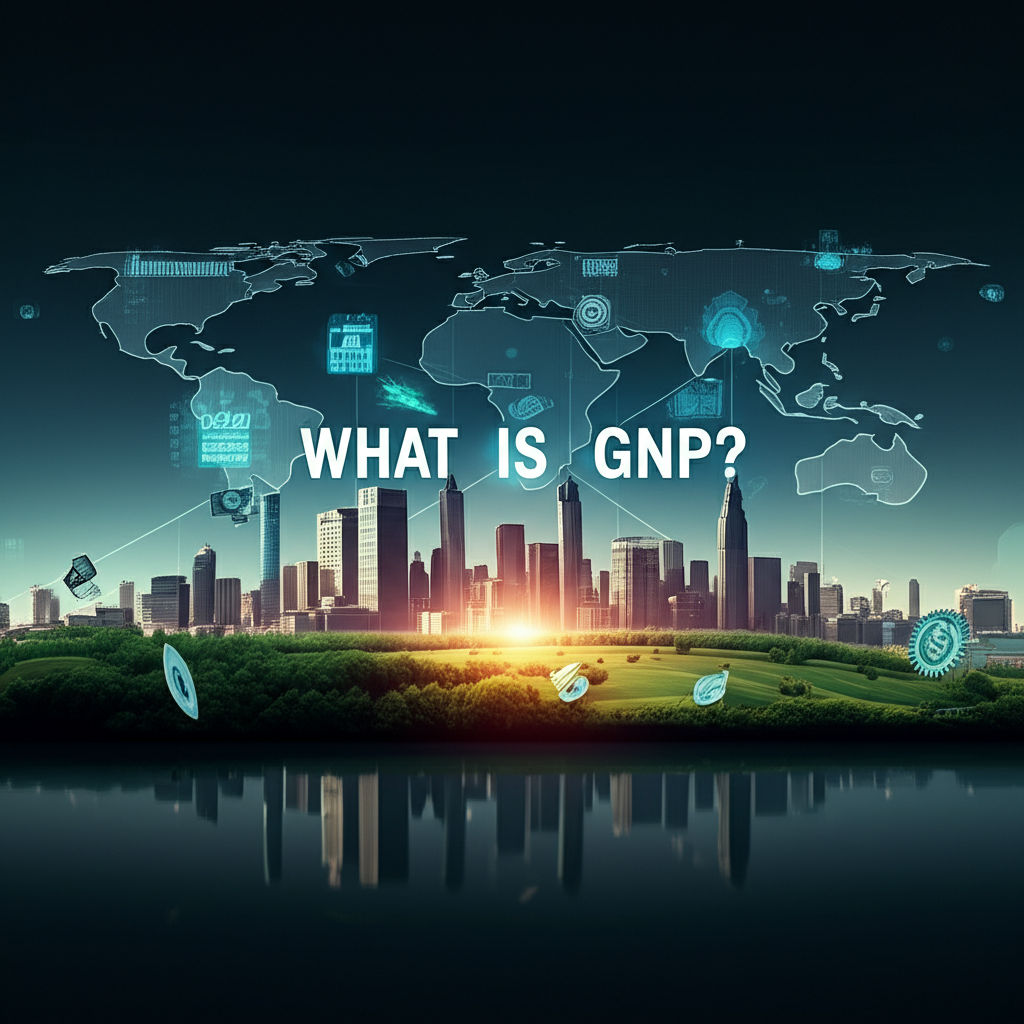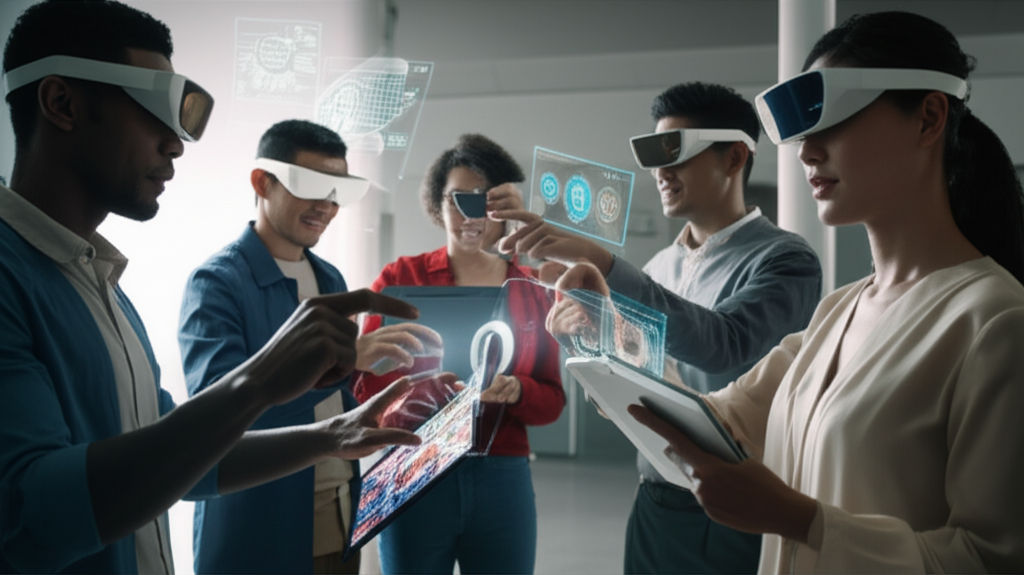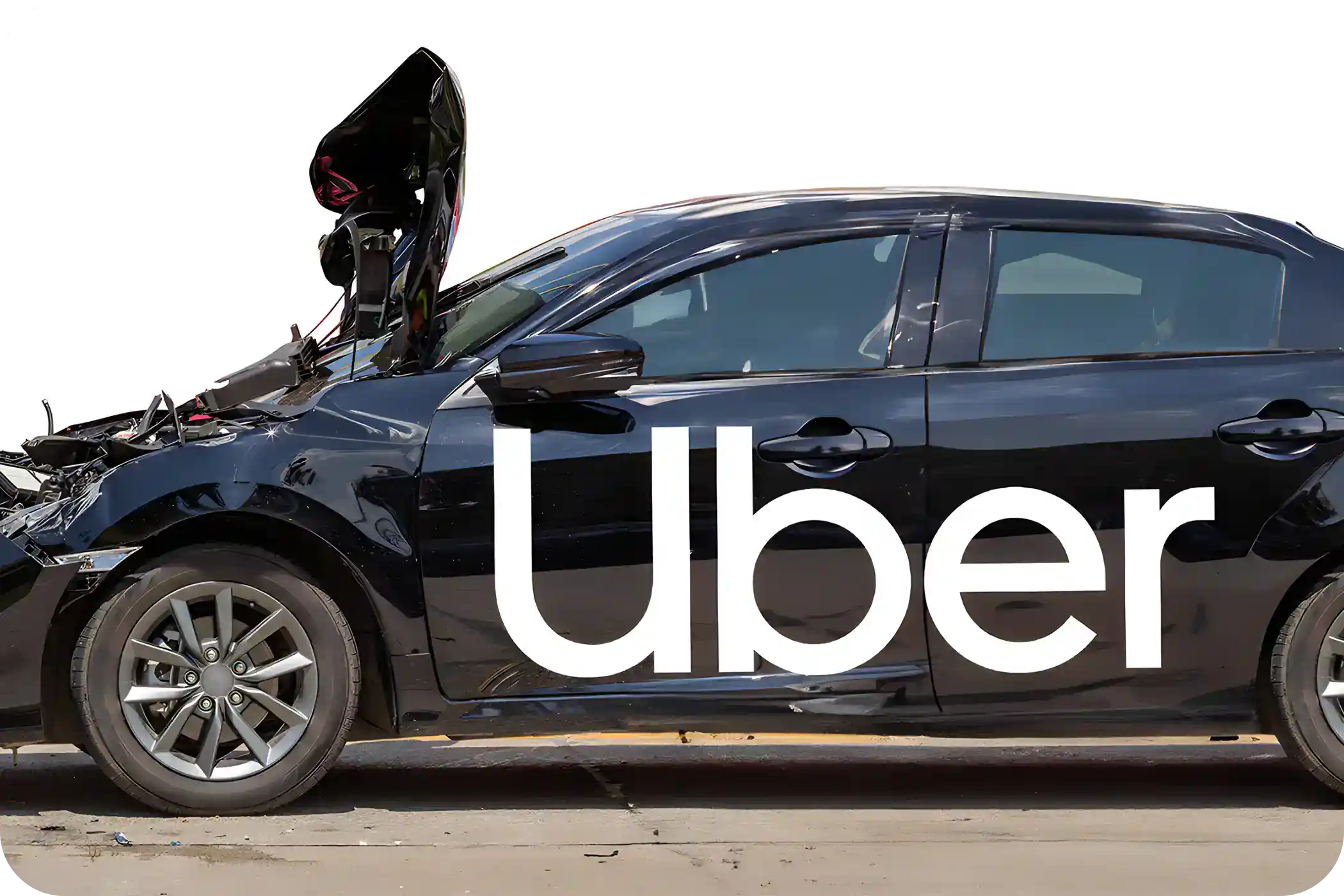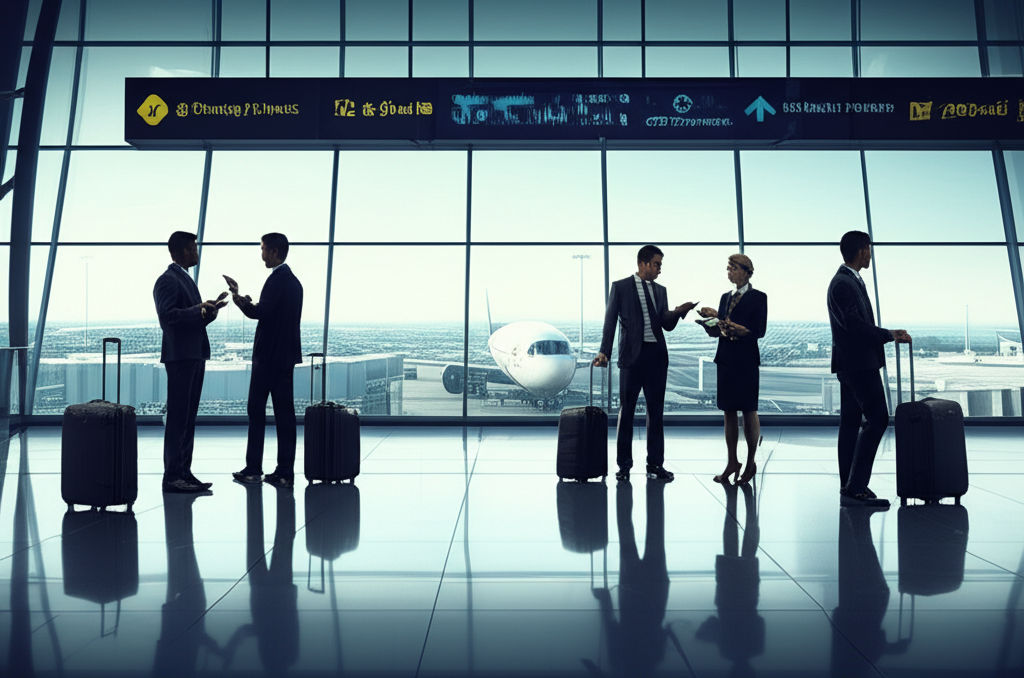Economy Versus Elite Flights
Emily Willis
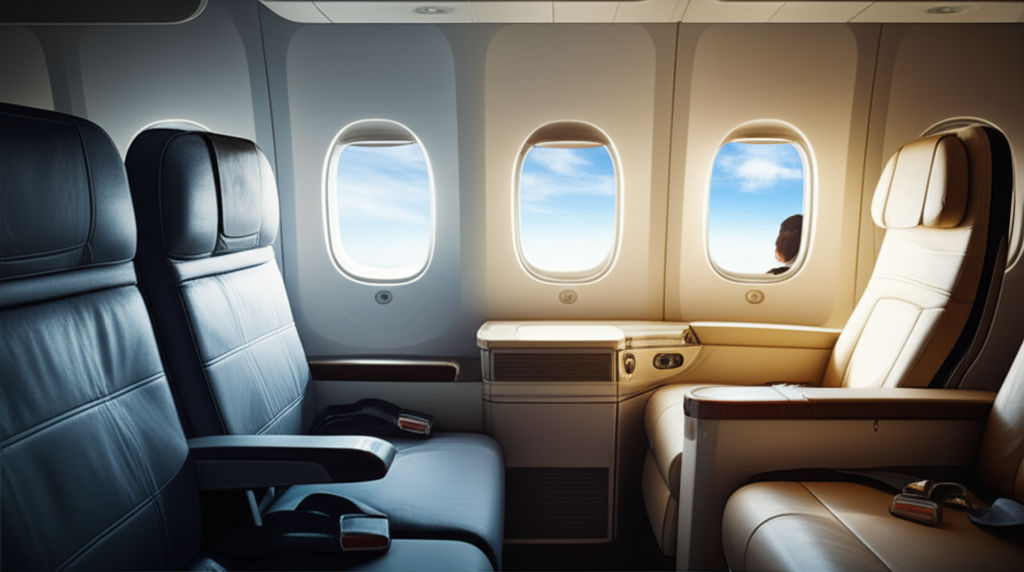
Photo: Economy Versus Elite Flights
Economy Versus Elite Flights: Decoding Your Travel Experience
For many, the thought of air travel conjures images of cramped seats and limited legroom. Yet, for others, it's a world of spacious comfort, gourmet meals, and personalized service. The stark contrast between economy flights and elite flights (including Premium Economy, Business Class, and First Class) presents a fascinating dilemma for travelers worldwide. When planning your next journey, understanding the nuances of each class is key to making an informed decision that aligns with your budget, preferences, and travel goals.
This article delves into the distinct worlds of economy and elite travel, comparing their features, costs, and overall flight experience. We'll equip you with actionable insights to help you choose wisely, ensuring your next flight is as enjoyable and efficient as possible.
The Allure of Economy Flights: Travel for the Masses
Economy class, often referred to as coach, is the most accessible and budget-friendly option for air travel. It forms the backbone of commercial aviation, making it possible for millions to explore the globe. The primary advantage of economy flights is, undeniably, their cost-effectiveness. Lower ticket prices open up travel to a wider audience, transforming distant destinations from dreams into realities.
While prioritizing affordability, modern economy cabins still offer essential services. Passengers typically receive basic in-flight meals and beverages, depending on the flight duration and airline policy. Most international economy flights also provide personal entertainment screens with a selection of movies, TV shows, and music.
Tips for Enhancing Your Economy Flight Experience
Even in economy, you can significantly improve your travel comfort. Here are some practical tips:
- Strategic Seat Selection: While often incurring an extra fee, choosing your seat can make a difference. Opt for a window seat if you prefer to lean and avoid disturbances, or an aisle seat if you need to move frequently. Some airlines offer "Economy Plus" or "Extra Legroom" seats for a modest increase in price, providing a few extra inches that can be golden on longer journeys.
- Pack Smart for Comfort: Bring essential travel accessories like a high-quality neck pillow for neck support, an eye mask, and earplugs or noise-canceling headphones to block out cabin noise. A lightweight blanket or shawl can also add warmth and a touch of luxury.
- Stay Hydrated and Nourished: Airplane cabins are dry. Drink plenty of water to avoid dehydration and fatigue. Consider bringing your own healthy snacks or a meal, as airport food can be pricey and in-flight options limited.
- Move Around: On longer flights, periodically stand up and stretch to alleviate stiffness and reduce the risk of deep vein thrombosis (DVT).
- Dress Comfortably: Wear loose-fitting garments made from breathable fabrics and layers to adjust to cabin temperatures.
Economy class is ideally suited for short to medium-haul flights, budget-conscious travelers, and those who prioritize reaching their destination at the lowest possible cost of flights.
Stepping Up: The World of Elite Flights
Beyond economy lies the realm of elite flights, encompassing Premium Economy, Business Class, and First Class. These cabins offer progressively enhanced levels of comfort, service, and amenities, transforming the journey into a significant part of the travel experience.
Premium Economy: The Smart Compromise
Premium Economy acts as a bridge between standard economy and business class, offering a noticeable upgrade without the exorbitant price tag of full business class. Typically, Premium Economy seats offer significantly more legroom (around 35-40 inches compared to economy's 28-34 inches) and are wider, often with adjustable headrests and footrests.
Benefits often include:
- Increased Space and Comfort: More legroom and wider seats.
- Enhanced Dining: Better quality meals and more choices than economy.
- Priority Services: Often includes priority boarding and increased baggage allowance.
- Dedicated Cabin: A smaller, quieter cabin environment.
Premium Economy is an excellent option for travelers seeking greater travel comfort on long-haul flights without the full financial commitment of business class.
Business Class: Comfort Meets Productivity
Business Class truly redefines the flight experience. It's designed for both work and relaxation, offering a sophisticated environment. A key feature on long-haul flights is the lie-flat or near-flat bed seats, allowing passengers to arrive rested and productive.
Key benefits typically include:
- Spacious Seating: Significantly wider seats, often converting into fully flat beds, with ample legroom and direct aisle access.
- Gourmet Dining: High-quality, multi-course meals served on china with proper cutlery, accompanied by premium wines, champagne, and spirits. Some airlines even offer on-demand dining.
- Exclusive Airport Lounges: Access to private airport lounges offering comfortable spaces to relax, work, dine, and even shower before the flight.
- Priority Services: Expedited check-in, security, and boarding, as well as priority baggage handling.
- Enhanced Amenities: Noise-canceling headphones, luxury amenity kits, and sometimes even pajamas on long-haul routes.
Business Class is often justified for long-haul international flights, business travel where arriving refreshed is crucial, or special occasions where the enhanced luxury travel experience is desired.
First Class: The Pinnacle of Luxury
First Class represents the ultimate in air travel luxury, often likened to a five-star hotel experience at 30,000 feet. While fewer airlines offer a distinct First Class cabin separate from Business Class, those that do provide unparalleled exclusivity and attention to detail.
Features can include:
- Private Suites: Wider, more comfortable seats that often transform into fully flat beds, with many airlines offering private or semi-private suites for optimal privacy.
- Personalized Service: Highly attentive crew, sometimes offering butler service or meals cooked to order.
- Exquisite Dining: An even higher standard of gourmet food and beverages, often with a wider selection and on-demand options.
- Premium Lounge Access: Access to the most exclusive lounges, sometimes with spa services or limousine transfers.
First Class is typically chosen for those who seek the absolute highest level of comfort, privacy, and bespoke service, particularly on long, transpacific flights.
The Great Divide: A Head-to-Head Comparison
The choice between economy flights and elite flights boils down to a balance of cost, comfort, and desired experience.
- Cost vs. Value: The most significant difference is price. Business Class tickets can typically cost three to four times as much as an economy class ticket, with First Class being even more expensive. Premium Economy usually falls in the range of 1.5 to 2 times the cost of economy. While economy offers the lowest financial outlay, elite classes offer a perceived higher value in terms of comfort, service, and amenities, especially on long-haul journeys.
- Space and Comfort: Economy seats are compact, with limited legroom (around 30-31 inches) and narrower dimensions (17-18 inches). Premium Economy offers more space, while Business and First Class provide generous legroom, wider seats, and often lie-flat beds.
- Food and Drink: Economy typically offers standard, often pre-packaged meals. Elite classes elevate dining to a gourmet experience with multi-course meals, fine wines, and on-demand options.
- Pre-Flight and Post-Flight Perks: Elite passengers benefit from priority check-in, security, boarding, and baggage handling, along with access to exclusive airport lounges. Economy passengers generally experience standard queues and no lounge access unless purchased separately or gained through elite status.
- Baggage Allowance: Elite tickets typically include a more generous checked baggage allowance, which can be a significant saving if you have multiple or heavy bags. Basic economy fares, in particular, may have strict limits or charge for carry-ons.
Making the Smart Choice: Practical Considerations
Deciding between economy and elite travel isn't a one-size-fits-all answer. It depends heavily on your individual circumstances
Latest ✨
View Allsecrets to mastering your business financial plan with five simple steps. Learn how to analyze financial data, set measurable goals, and create a comprehensive strategy for success. Unlock profitability, make confident decisions, and ensure a bright future for your business
Emily Willis
Fiscal policy is a crucial tool used by governments to influence economic activity and achieve various objectives. It involves decisions on government spending, taxation, and borrowing. During economic downturns, fiscal policy plays a key role in supporting recovery, stimulating demand, and promoting growth.
Emily Willis
Unpack GNP: Understand national wealth & global economic contributions. Learn how GNP differs from GDP & why it matters for a country's prosperity.
Emily Willis
Unlock personalized education! Adaptive learning paths use AI to tailor content, pace, & difficulty to your unique needs. Discover the future of learning.
Emily Willis
Business
View All
June 9, 2025
Budgeting Tips for Business ExpensesMaster your business finances! Discover essential budgeting tips to control expenses, improve cash flow, and drive sustainable growth for your enterprise.
Emily Willis

June 8, 2025
Master Your Business Cash FlowMaster cash flow! Understand its importance, how it differs from profit, and actionable strategies to boost your business's financial health.
Emily Willis

June 8, 2025
Scale Your Business SmartlyScale your business smartly for sustainable growth. Learn strategies to increase revenue efficiently, avoid common pitfalls, and build a robust enterprise.
Emily Willis
Economy
View AllInvolved in an Uber accident? Learn why hiring an Uber accident lawyer is crucial, what your legal options are, and how to choose the right attorney for your case
Read MoreUnlock the world of cross-border investment. Understand FDI, FPI, global trends & their economic impact. Navigate international capital flows effectively.
Read MoreUnderstand business cycles: master economic upswings & downturns. Make informed financial decisions, build resilience, and seize opportunities.
Read MoreEntertainment
View All
July 5, 2025
PR Coordinator Entry Level EntertainmentLights, Camera, PR! Your guide to becoming an entry-level PR Coordinator in entertainment. Discover essential skills & a roadmap to your dream career.
Emily Willis
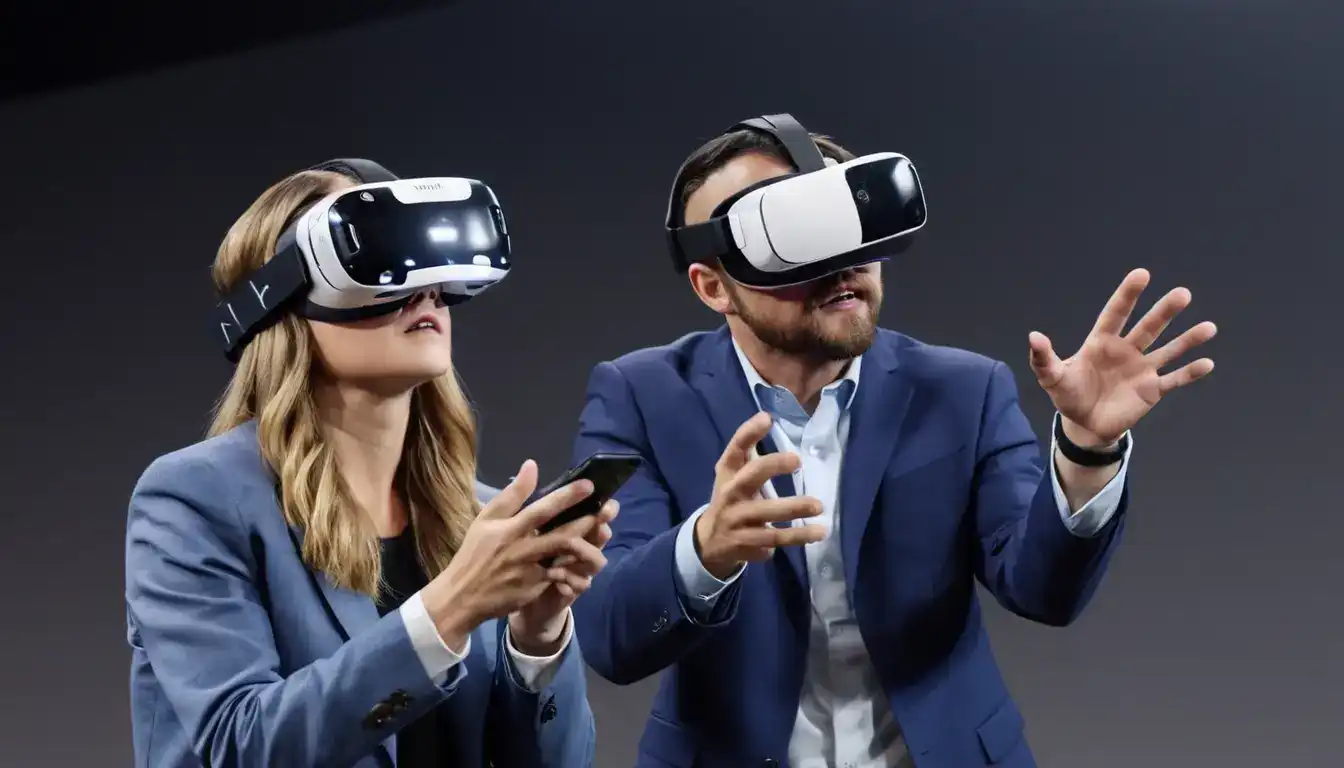
August 5, 2024
VR and AR Transform EntertainmentVirtual reality (VR) and augmented reality (AR) are transforming the entertainment industry by offering immersive experiences that blur the lines between the real and virtual worlds. VR completely transports users into computer-generated environments, while AR overlays digital elements onto the real world.
Emily Willis
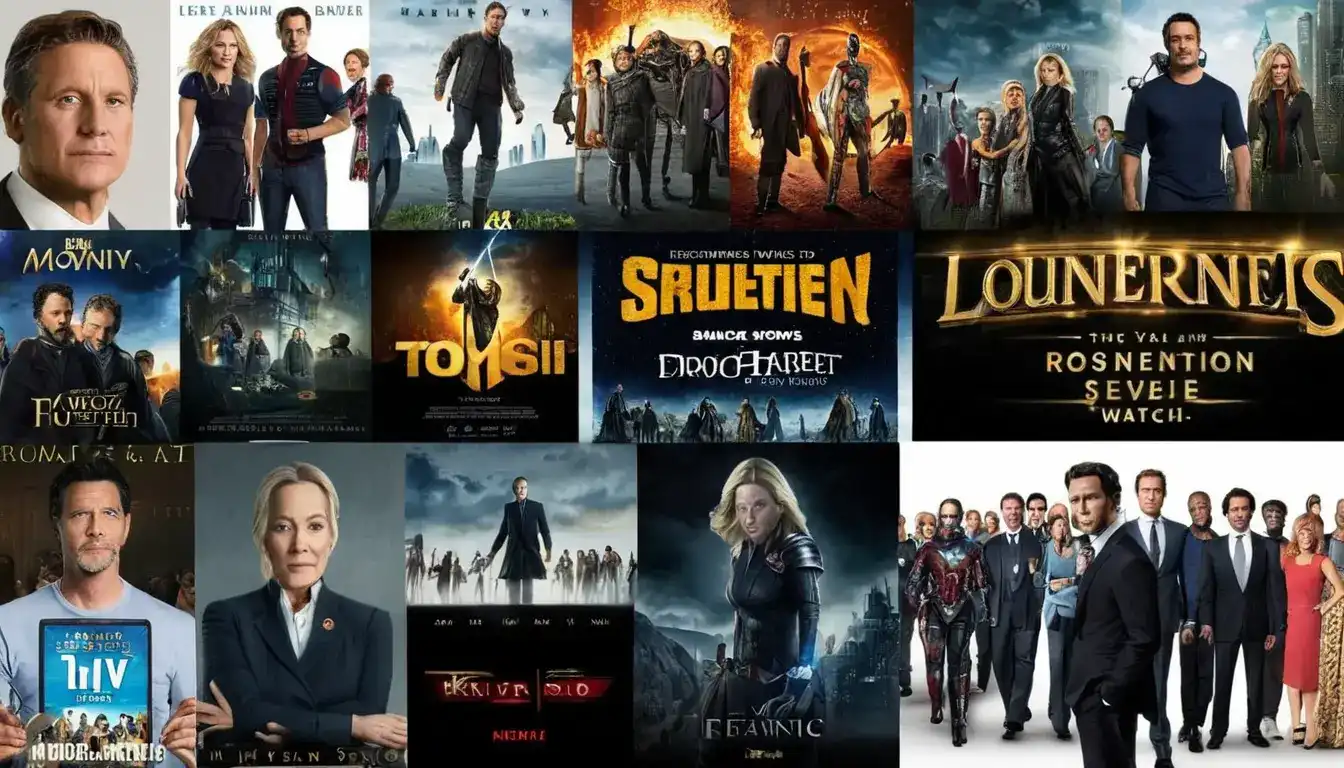
August 4, 2024
Recommended Movies and TV Series to Watch This Yearlist of recommended movies and TV series to watch this year. The movies include "Dune: Part Two," "Spider-Man: No Way Home," "The French Dispatch," "No Time to Die," and "Encanto." The TV series include "Stranger Things: Season 4," "The Mandalorian: Season 3," "The Witcher: Season 2," "Ted Lasso: Season 3," and "Loki: Season 2." Each entry includes reasons to watch, such as stellar cast, visually stunning cinematography, engaging plot, and character development.
Emily Willis
Health
View AllUnpack the Health Sciences Division! Learn how this critical, multidisciplinary field drives well-being, research, and global health progress.
Emily Willis
Quality sleep is essential for overall health and well-being, impacting physical, cognitive and emotional functioning. Lack of quality sleep can lead to a variety of health issues, including weakened immune function, heart problems, weight gain and cognitive impairment.
Emily Willis
Nutrition is crucial for maintaining overall body health, impacting energy levels, disease prevention, and overall well-being. A healthy diet includes fruits, vegetables, whole grains, proteins, healthy fats, and hydration. Proper nutrition positively affects energy levels, immune function, heart health, weight management, and mental health. Practical tips for improving nutrition include planning balanced meals, reading food labels, cooking at home, limiting processed foods, and staying hydrated. By prioritizing nutrition and making informed choices, individuals can enhance their health and well-being.
Emily Willis
Trending 🔥
View All
1
2
3
4
5
6
7
8
9
10
Lifestyle




Technology
View All
August 5, 2024
How to Protect Yourself from Cyber Security Threats in the Digital Age
The digital world has become an integral part of our lives, offering convenience, information, and connection. However, with this convenience comes an increased risk of cyber security threats. From identity theft to financial loss, the consequences of falling victim to a cyberattack can be devastating. Fortunately, by understanding the common threats and implementing effective protection measures, you can significantly reduce your risk.

August 5, 2024
The Impact of AI on the Future of Work and Education
AI is rapidly advancing and reshaping industries, economies, and societies, especially in the areas of employment and education. In the workplace, AI is changing roles through automation and creating new job opportunities. The future of work will most likely involve collaboration between humans and AI, requiring workers to develop new skills and engage in lifelong learning.

August 4, 2024
The Role of 5G Technology in Revolutionizing Communication
The introduction of 5G technology is set to revolutionize communication by offering faster speeds, lower latency, and increased capacity for connecting devices. This technology will impact various sectors such as healthcare, transportation, and entertainment. 5G enhances communication through faster speeds, lower latency, and increased capacity, enabling applications like remote surgery, autonomous vehicles, and high-quality streaming.
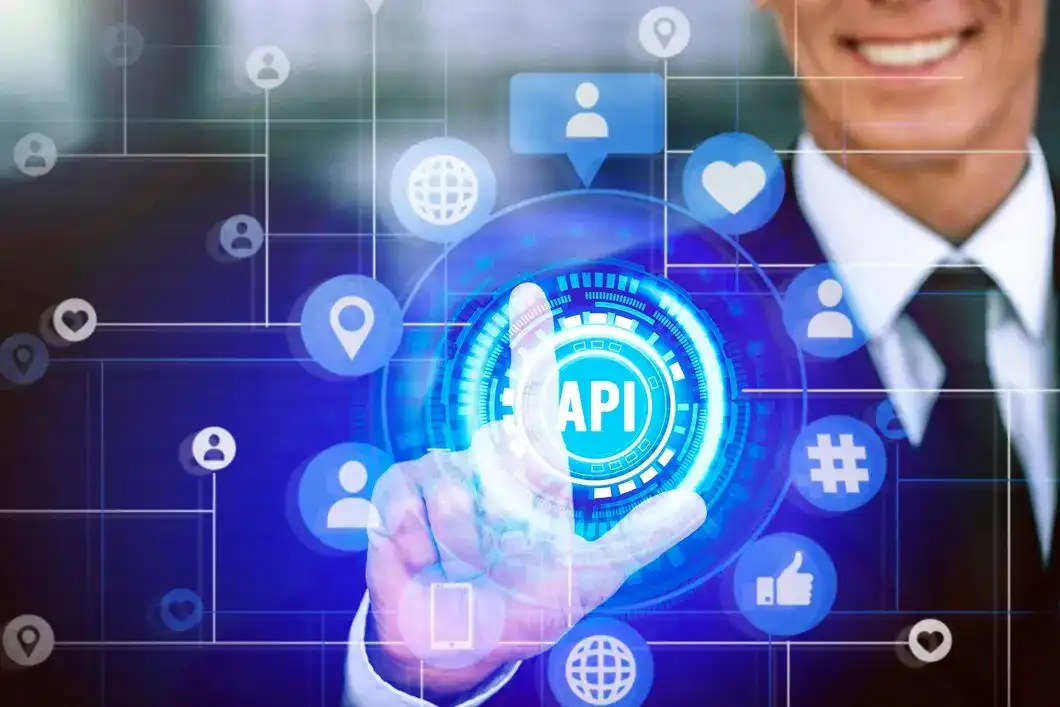
August 5, 2024
What is Blockchain and How does it Work?
Blockchain technology is a decentralized digital ledger that records transactions securely and transparently across multiple computers. Key concepts include decentralization, cryptographic security, and consensus mechanisms. Transactions are verified, grouped into blocks, and added to the blockchain through a consensus process.


